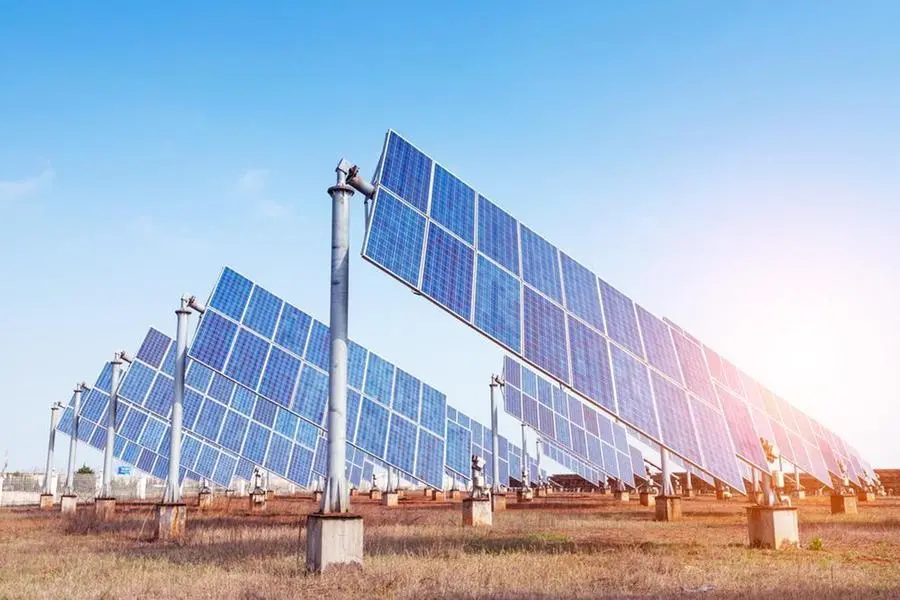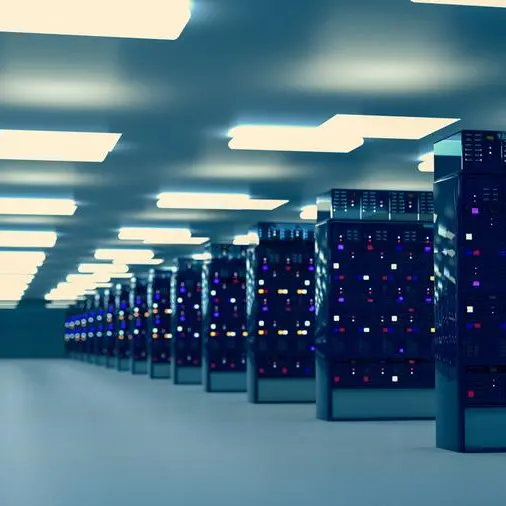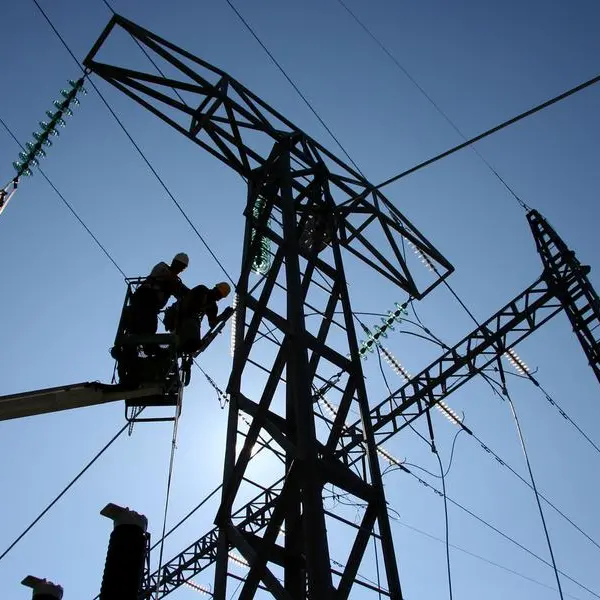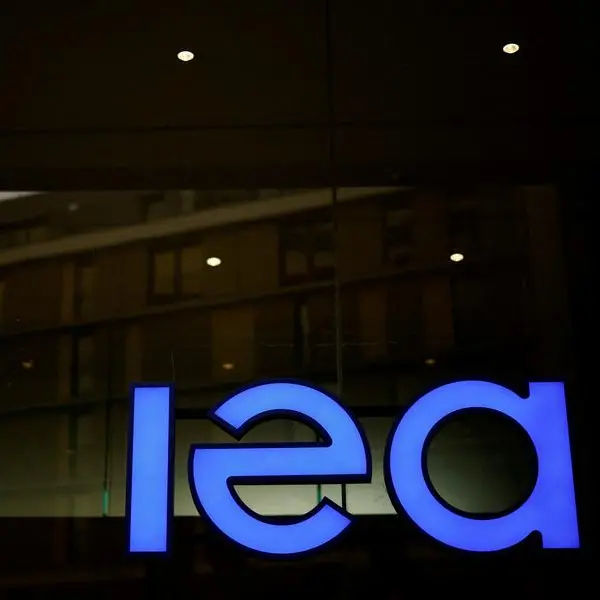PHOTO
The conflict in Ukraine following the Russian invasion will lead to increased spending in cybersecurity, clean energy and defense according to Banque Lombard Odier.
The bank mapped out likely scenarios: prolonged conflict, which is the most probable; ceasefire or intensified war, which have medium probability; and global escalation, which has low probability.
“In every scenario, we expect spending on cybersecurity, clean energy and defence to rise,” the bank said in its CIO Viewpoint, noting as well that the European Union’s commitment to accelerate the transition to net zero would lead to the higher clean energy spend.
If, as in its most likely scenario, the conflict in Ukraine is prolonged, the bank expects Russia to remain subject to the sanctions already imposed, without further escalation to include energy imports.
“Only the US has so far banned Russian oil imports outright, while the EU plans to phase out two-thirds of gas imports by 2023,” it said.
“Even without a broader ban, there are other supply issues. Some firms, traders and dockworkers are choosing not to handle Russian oil or cargoes, the bank said.
In the event of a ceasefire, things will not go back to the way they were, as the invasion has altered Western government policies and united public opinion.
“The EU, and its members, have overhauled long-held strategic positions and some sanctions are likely to remain in place as long as Putin is in the Kremlin.
“EU members plan to inject hundreds of billions of public investment into defence spending, as announced last week, and phase out energy imports from Russia.
“The changes may speed the shift to a net-zero economy and have deeper long-term geopolitical implications.”
In the event of the lowest probability scenario, that there is global escalation of the war, forecasts are challenging as the world would be on a war footing not seen for 80 years, the bank said.
“The investment solutions here become very narrow, with only gold, cash and US treasuries offering real opportunities to shield value.
The bank would strongly underweight equities, with the US dollar and Swiss franc offering some haven, but bankruptcies would lead to falling demand for commercial real estate across sectors, it said.
(Writing by Imogen Lillywhite; editing by Seban Scaria)





















